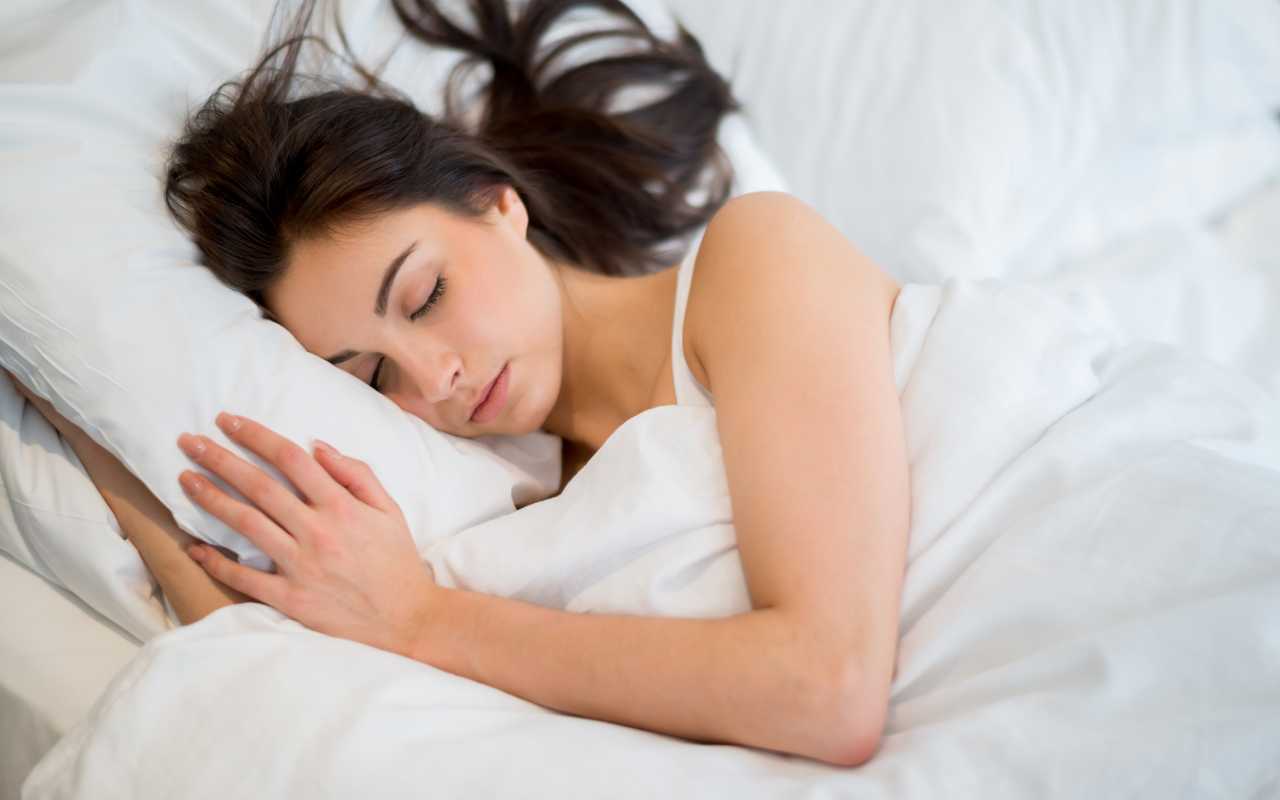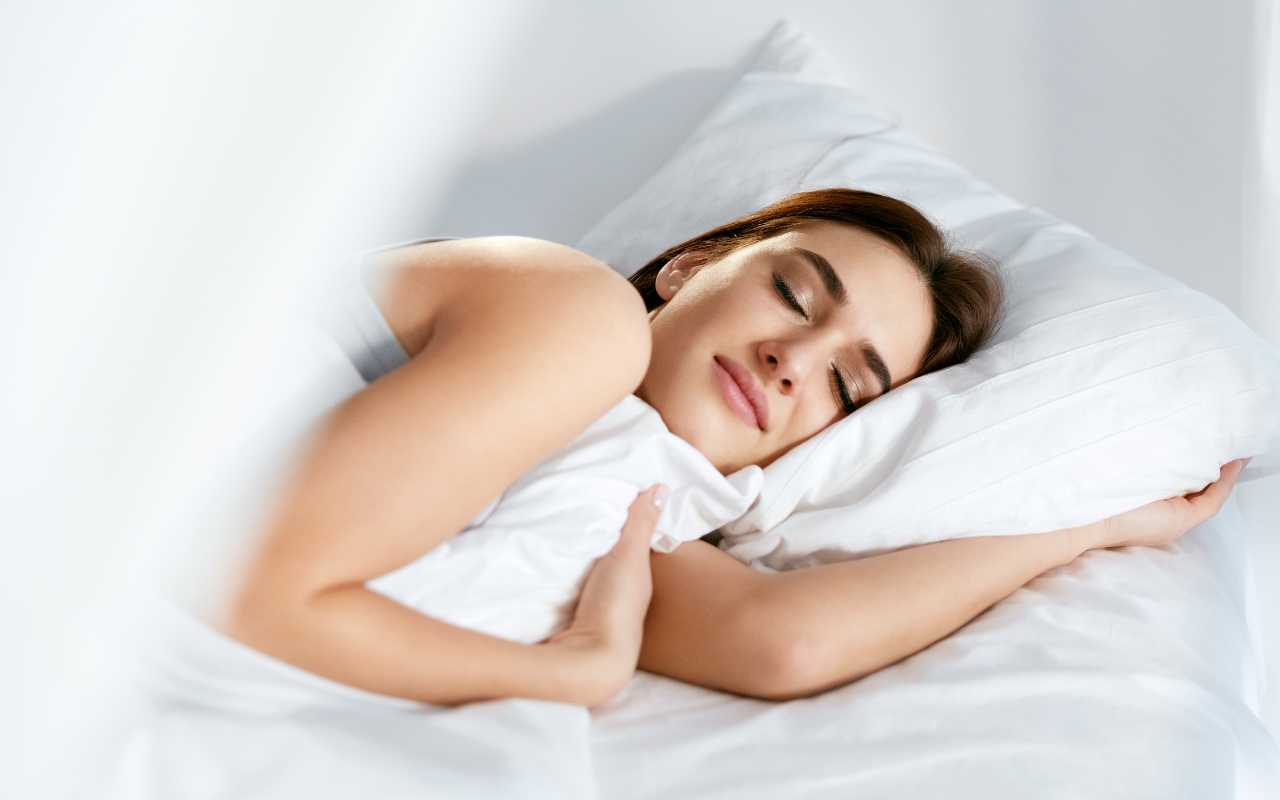
We’ve all heard the phrase “beauty sleep,” but many of us still sacrifice sleep for work, streaming marathons or late‑night scrolling. The truth is that quality sleep isn’t just about feeling rested—it plays a critical role in keeping your skin healthy, youthful and radiant. In this post, we’ll explore why sleep matters for your skin, what happens when you don’t get enough rest and how to build better sleep habits that support a glowing complexion.
How Your Skin Works While You Sleep
During the day, your skin fights off environmental stressors like UV rays, pollution and temperature changes. At night, it switches into repair mode. Research shows that sleep is essential for skin function. Your skin has its own circadian rhythm—a 24‑hour internal clock independent of your brain’s master clock. When you sleep, your body ramps up processes such as collagen production, cell regeneration and wound healing, while reducing levels of the stress hormone cortisol.
One review summarises that during sleep, the skin’s barrier stabilizes and transepidermal water loss is controlled. Without enough sleep, this barrier weakens, leaving your skin more vulnerable to dehydration and irritation. That’s why you often wake up with soft, dewy skin after a good night’s rest—and dull, dry skin after a night of tossing and turning.
Collagen Production and Elasticity
Collagen is the protein that keeps your skin firm and smooth. Adequate rest allows your body to produce more collagen, reducing the appearance of fine lines and wrinkles. Conversely, sleep deprivation impairs collagen synthesis. Inadequate sleep has been shown to increase levels of inflammatory cytokines like IL‑6 and TNF‑α, which further damage collagen and accelerate skin aging. Over time, chronic sleep disruption contributes to oxidative stress that decreases skin hydration and elasticity.

Hydration and the Skin Barrier
If you’ve ever noticed flaky patches or increased sensitivity after a poor night’s sleep, you’re not imagining it. Lack of sleep disrupts the skin’s moisture balance, leading to dryness and increased water loss. Even one night of sleep deprivation can compromise the skin’s barrier. When the barrier is weakened, irritants, pollutants and microbes penetrate more easily, while water evaporates faster.
Sleeping well helps your skin maintain a healthy barrier and retain moisture, preventing the tight, rough feeling that often accompanies a busy season or stress. More than a third of adults fail to get the recommended seven hours of sleep, which means many of us experience dehydration and reduced skin recovery without realizing it.
Inflammation and Skin Conditions
Inflammation is a common denominator in many skin conditions, including acne, eczema and psoriasis. Adequate sleep helps regulate inflammation and keep it in check. A peer‑reviewed dermatology journal reports that poor sleep quality increases signs of aging and diminishes the skin’s barrier function. Elevated cortisol levels from sleep deprivation worsen inflammatory skin conditions. People with chronic inflammatory skin diseases like psoriasis often report worse symptoms when their sleep is disrupted.
Dark Circles and Puffiness
Dark under‑eye circles and puffiness are some of the most visible signs of sleep loss. Lack of sleep causes blood vessels to dilate, leading to shadows under the eyes. Fluid can accumulate during sleep deprivation, causing puffiness. Getting the recommended amount of rest reduces these issues and helps you look more refreshed.
Social and Psychological Effects
Sleep deprivation doesn’t just affect your skin physically—it can also impact how others perceive you. One study found that sleep‑deprived individuals were rated as less attractive and less socially appealing. This reinforces the idea that “beauty sleep” isn’t just an expression; it’s supported by science.

Tips for Better Sleep and Radiant Skin
Improving your sleep habits may sound like a challenge, but small changes can make a big difference. Here are some evidence‑based tips to help you rest better and support your skin:
- Keep a consistent sleep schedule. Going to bed and waking up at the same times—even on weekends—helps regulate your circadian rhythm.
- Create a sleep‑friendly environment. Make your bedroom dark, quiet and cool. Use blackout curtains, a white noise machine or earplugs to block disruptions.
- Limit screen time before bed. Blue light from phones and computers can delay melatonin release, making it harder to fall asleep. Put away electronics at least an hour before bedtime.
- Establish a relaxing wind‑down routine. Take a warm bath, read a book or practice gentle stretching to signal to your body that it’s time to sleep.
- Exercise regularly. Physical activity improves sleep quality, but avoid strenuous workouts right before bed.
- Avoid lying awake. If you can’t fall asleep after twenty minutes, leave the bedroom and do a calming activity until you feel sleepy.
- Consider supplements cautiously. Several sleep‑supporting supplements, such as melatonin, L‑theanine and magnesium L‑threonate, have been studied for their role in improving sleep quality and may have benefits for certain skin conditions. Consult your doctor before adding any supplements.
Skin‑Care and Med Spa Strategies for Sleep‑Deprived Skin
While there’s no substitute for good sleep, professional treatments can give your skin a boost when you’re catching up on rest:
- HydraFacial or DiamondGlow® treatments. These in‑office procedures cleanse, exfoliate and infuse the skin with hydrating serums, helping to replenish moisture and nutrients.
- Microneedling with PRP. For those experiencing dullness or fine lines from long nights, microneedling paired with platelet‑rich plasma promotes collagen production and healing.
- BBL HEROic and Moxi. Light‑based therapies can reduce redness, uneven tone and sun damage, giving you a smoother complexion. Many patients schedule these treatments in fall or winter to minimize UV exposure.
Our team at Effect Med Spa offers personalized consultations to determine the best regimen for your unique needs. We’ll evaluate factors like lifestyle, sleep patterns and skin concerns before recommending treatments.
Make Sleep a Priority
It’s tempting to cut back on sleep when life feels busy, but your skin—and overall health—pay the price. Research shows that chronic sleep disruption increases oxidative stress, accelerates skin aging and dehydrates the skin. Plus, most adults already struggle to meet the recommended sleep duration. Investing in good sleep habits is one of the most effective and affordable ways to improve your complexion.
At Effect Med Spa, we believe beautiful skin starts from the inside out. By coupling quality sleep with targeted skin treatments and professional guidance, you can achieve radiant, healthy skin all year round. Ready to experience the benefits of beauty sleep? Book your complimentary consultation today and let us help you shine.
We care about you
Personalized care and cutting-edge treatments to ensure you achieve the best results.

related posts
Lorem ipsum dolor sit amet, consectetur adipiscing elit.
Get 10% off
Lorem ipsum dolor sit amet, consectetur adipiscing elit. Suspendisse varius enim in eros elementum tristique.





